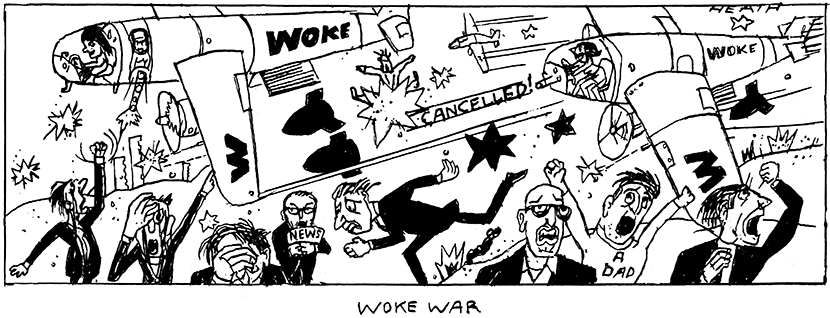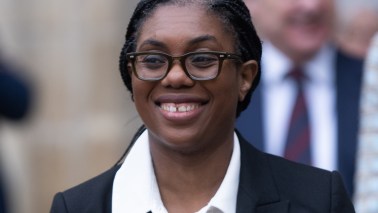Home
The lifting of coronavirus restrictions was delayed from 21 June until 19 July, probably. The motive was to avoid a ‘significant resurgence’ in hospital admissions from the more contagious Delta variant of the virus. Public Health England declared that the Pfizer vaccine was 96 per cent effective in preventing hospitalisation, and the AstraZeneca vaccine was 92 per cent effective. Boris Johnson, the Prime Minister, appealed to the advantage of administering more vaccinations in the extra four weeks. Vaccinations would be made compulsory for care home staff working with older people in England. From 21 June, guests at a wedding would no longer be limited to 30, but there must be no indoor dancing; similar rules would apply to funeral wakes. Theatres must continue with social distancing. In the seven days up to the beginning of the week, 60 people had died, bringing the total of deaths (within 28 days of testing positive for coronavirus) to 127,896. By the beginning of the week, 55.9 per cent of the adult population had received two doses of vaccine; 78.4 per cent the first dose. The Prime Minister condemned the ‘hounding’ in the street of Nick Watt of Newsnight by thuggish anti-lockdown protestors, who recognised him by his BBC lanyard. A recreated Iron Age roundhouse by the loch shore at Kenmore in Perthshire was burnt down.
Meeting in Cornwall, the G7 summit of leaders from the United States, Japan, Germany, the United Kingdom, France, Italy and Canada (with two representatives of the EU, but no one from China, India or Brazil) said it would give a billion vaccines to poorer countries in the coming year and undertake a ‘green revolution’. President Emmanuel Macron of France and Boris Johnson bantered about the Northern Ireland Protocol.








Comments
Join the debate for just £1 a month
Be part of the conversation with other Spectator readers by getting your first three months for £3.
UNLOCK ACCESS Just £1 a monthAlready a subscriber? Log in